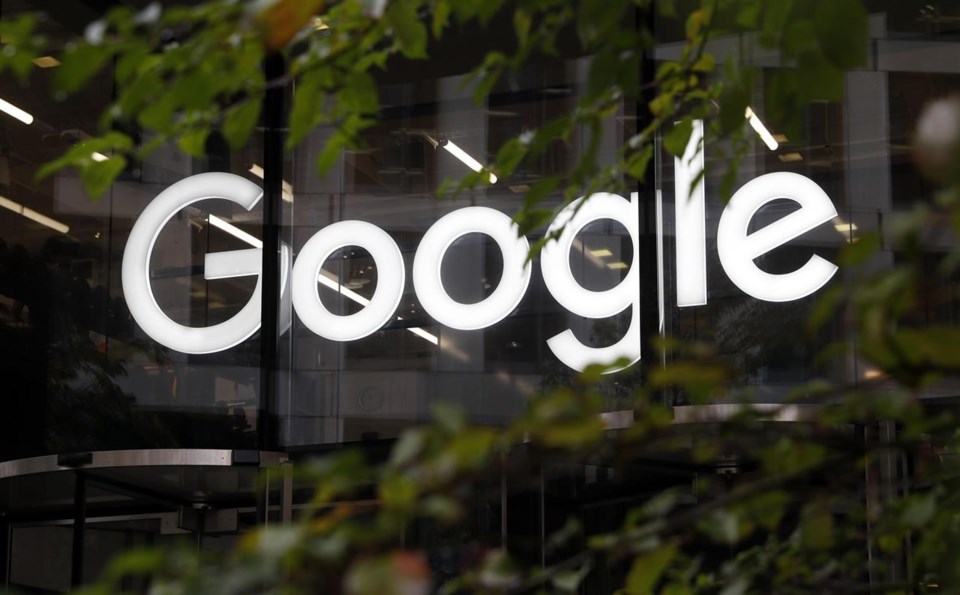OTTAWA — The CEO and other top executives of Google are being summoned to appear before a parliamentary committee after the company decided to temporarily block some Canadians from accessing news through its search engine.
They are expected to testify at a meeting of the House of Commons heritage committee on Monday.
The committee is also requesting documents related to Google's news ban.
A Google spokesperson did not answer questions on Tuesday, saying only that the company will be responding directly to the committee.
Google confirmed to The Canadian Press last week that it is running a short-lived test to limit access to news on its search engine for less than four per cent of Canadian users, in response to the Liberal government's proposed Online News Act.
Bill C-18 would require digital giants such as Google to negotiate deals that would compensate Canadian media companies for linking to or otherwise repurposing their content online.
"It's troubling that Google was doing this in secret, but was caught by the press," Liberal MP Chris Bittle said to the committee. His motion to summon the Google executives was unanimously supported by opposition MPs.
"It's important for Parliament to take a look and see what Google is doing. I don't particularly like their track record on this."
The summons applies to CEO Sundar Pichai, as well as Kent Walker, president of global affairs, Richard Gingras, vice-president of news, and Sabrina Geremia, vice president and country manager for Google in Canada.
The House of Commons doesn't have the power to summon individuals who live outside of Canada, but members of Parliament who serve on the committee want to take the chance.
Should the four individuals not show up, the House of Commons can enforce the summons if they ever step foot in Canada.
Larger media companies have praised the online news bill, saying it will create a level playing field with Google and Meta, the owner of Facebook and Instagram, which compete with news outlets for advertising dollars.
Tech companies and the Conservatives have pushed back against the bill, arguing it is the wrong approach to enhance journalism. Google has said it would rather pay Canadian media outlets through a monetary fund than be regulated by the government.
It's become common for tech giants to respond to government bills that could affect their platforms by altering their products.
Google previously shut down its news service in Spain for eight years after a rule forced the company and other news aggregators to pay publishers for using snippets of their news. They reopened the service last year.
In December, the company removed snippets, thumbnails and video previews in Google Search and Google News in Czechia, in response to a copyright law the country had introduced.
In 2021, when Australia introduced a law similar to Canada's Bill C-18, Meta temporarily blocked news from Facebook.
Meta has previously threatened to do the same in Canada, but the company has said it has not made any changes to its services in this country "at this time." Meta is opposed to the Online News Act, saying it does not make significant money from news content.
This report by The Canadian Press was first published Feb. 28, 2023.
———
Meta funds a limited number of fellowships that support emerging journalists at The Canadian Press.
Mickey Djuric, The Canadian Press



